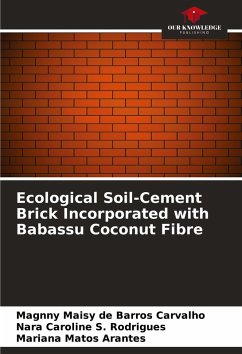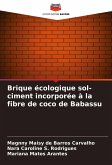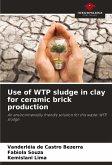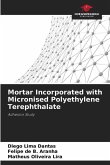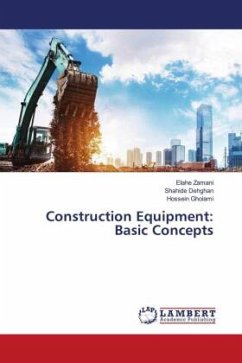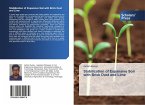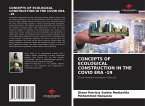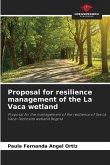In order to minimise environmental impact, the application of sustainable development has become substantial on the industrial scene. The combination of construction solutions, traditional materials and products sourced from the environment has been a solution to this reality. With this in mind, this study aims to incorporate natural fibres from the epicarp of the babassu coconut into ecological soil-cement bricks, which are already used in homes that aim to be economical and practical, using fibres from the epicarp of the babassu coconut. This material has been the livelihood of countless families in the North and Northeast of Brazil and has been shown to have good mechanical and economic performance. The combination of these two materials has prompted several scientific research projects in the area of sustainable composites. In addition, the aim is to reduce waste disposal in the environment.

